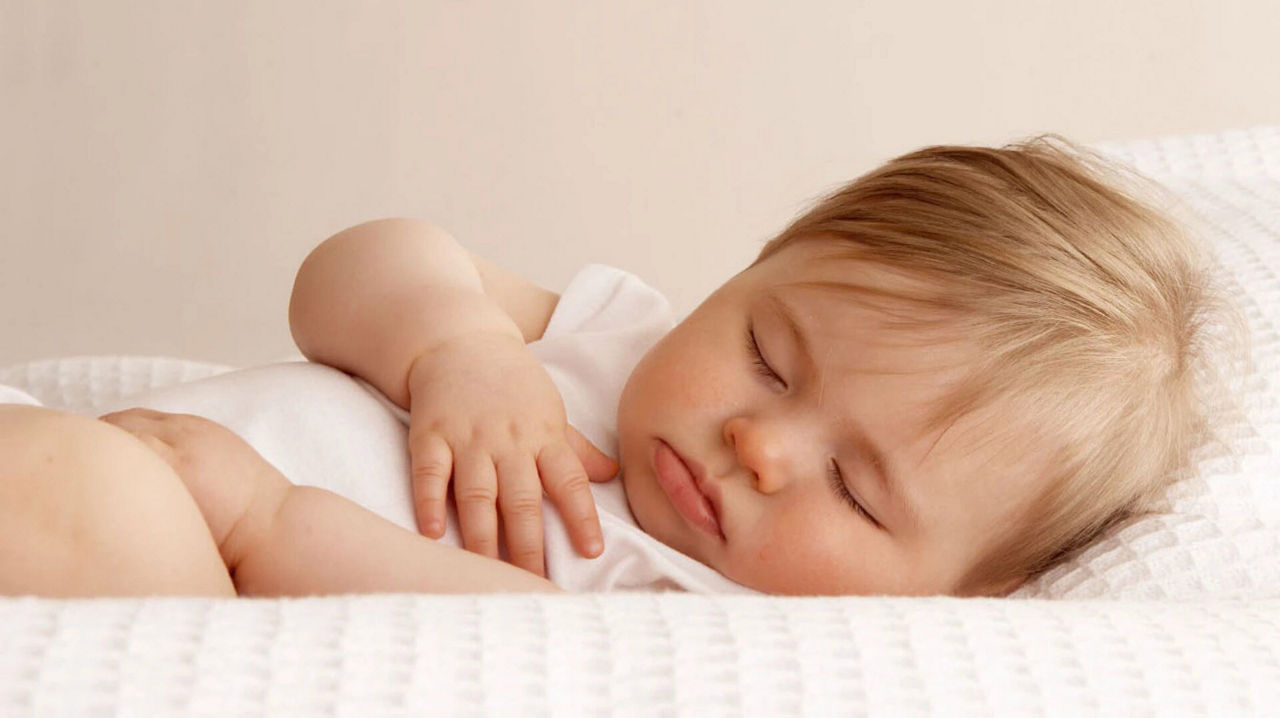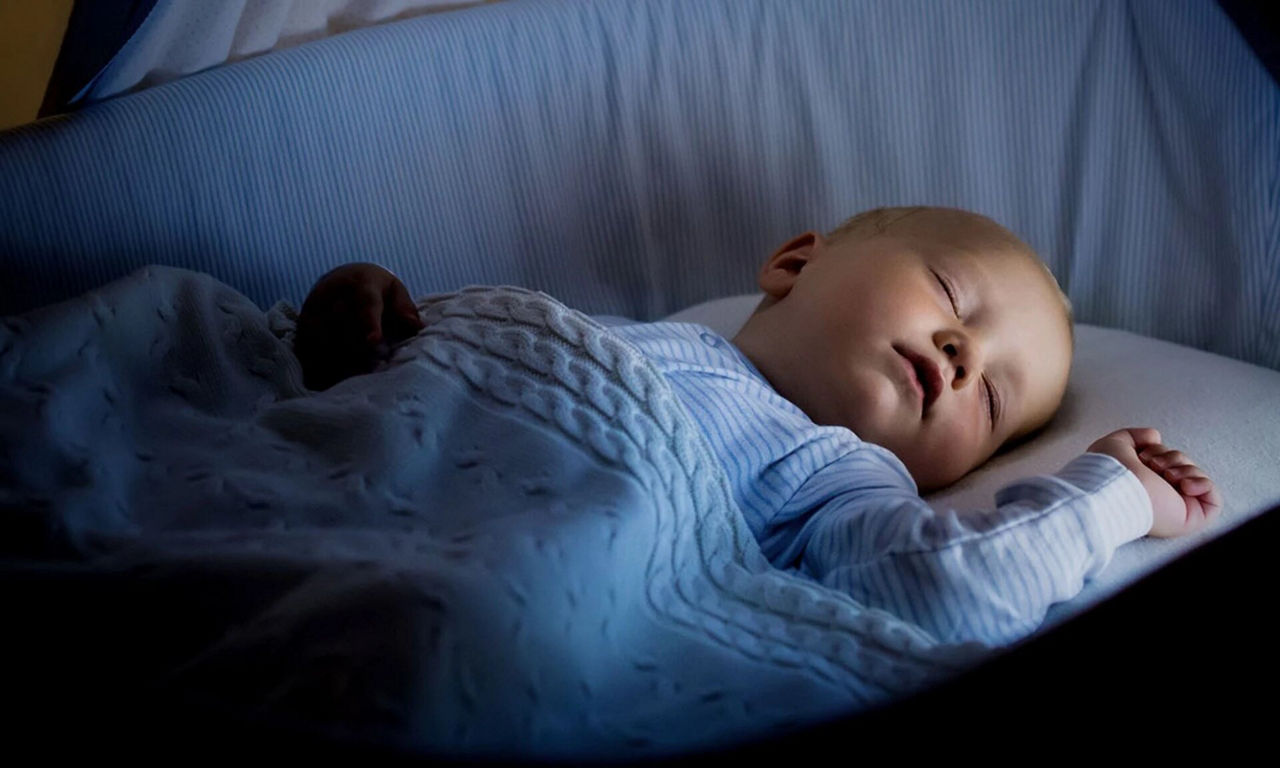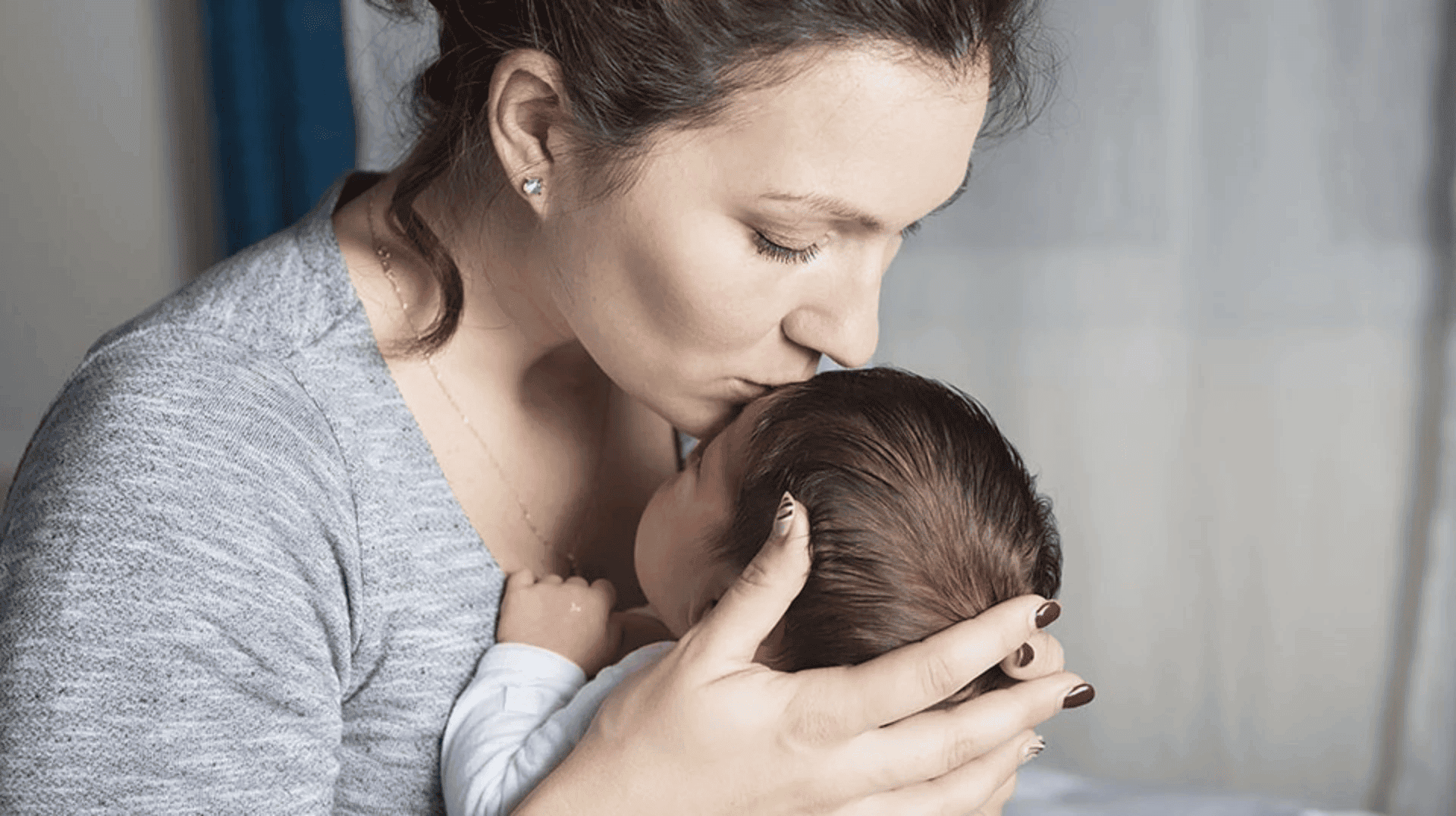When it comes to family sleeping arrangements, different cultures have different approaches. In the UK the Department of Health advises that for the first six months, the safest place for your baby at night is in a cot in your bedroom1. This is because being close to you is thought to reduce the risk of sudden infant death syndrome (SIDS, also sometimes referred to as ‘cot death’). It also makes it easier for you to look after your baby in the small hours. But what about co-sleeping, and where should your partner sleep?
Where should my baby sleep?
Summary
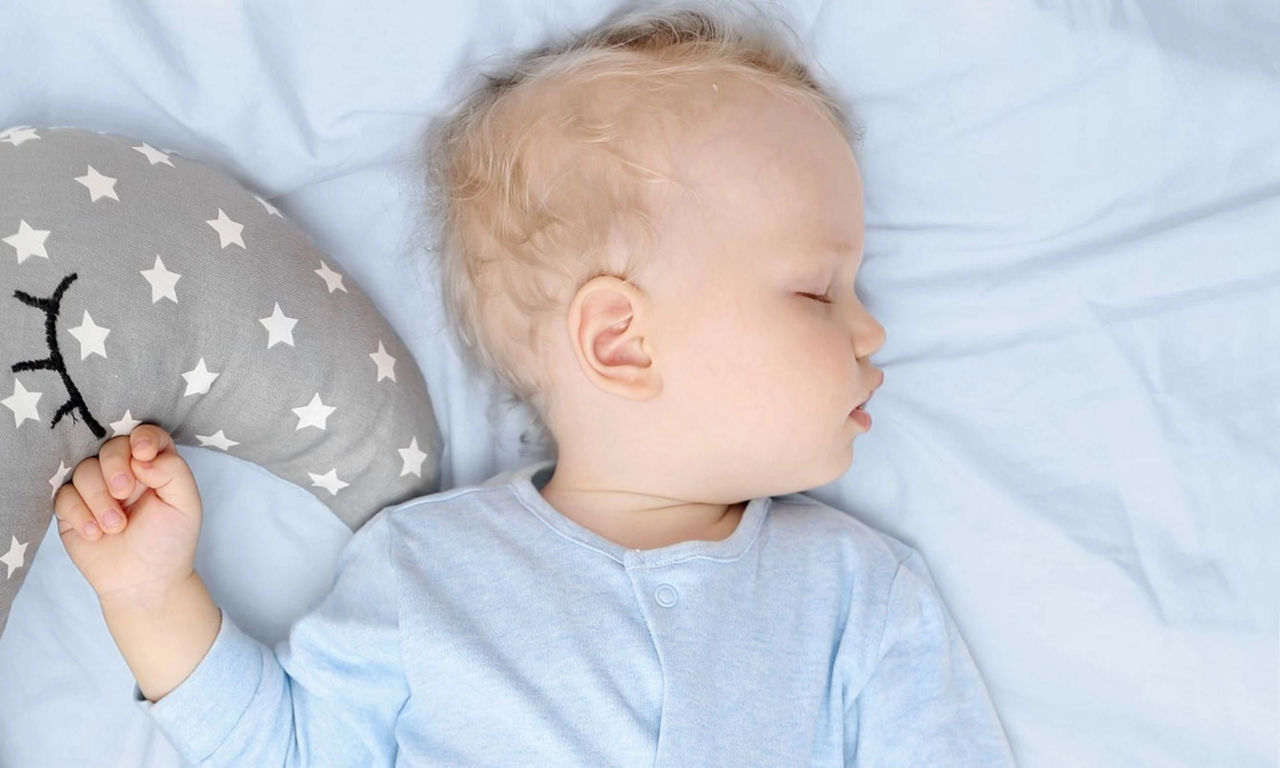
Do I have to have my baby in my bedroom?
Where your baby sleeps is a matter of personal choice, and some parents prefer their baby to go into their own room from the start. There are many advantages to keeping the baby closer, though. It makes night feeds easier; babies cry less if they know you are close by; and the combined benefits of peace of mind and proximity can help you to get more sleep too.
Co-sleeping or a cot?
Many parents find the idea of co-sleeping (keeping your baby in bed with you while you both sleep) appealing, and feel that it provides comfort to the baby and helps both mum and baby get more rest. It is, however, associated with a higher risk of SIDS (although the risk is very low). If you are considering co-sleeping, talk to your health visitor about safety issues. A bedside cot with an open side is a happy compromise that offers a safe environment while keeping your baby nearby
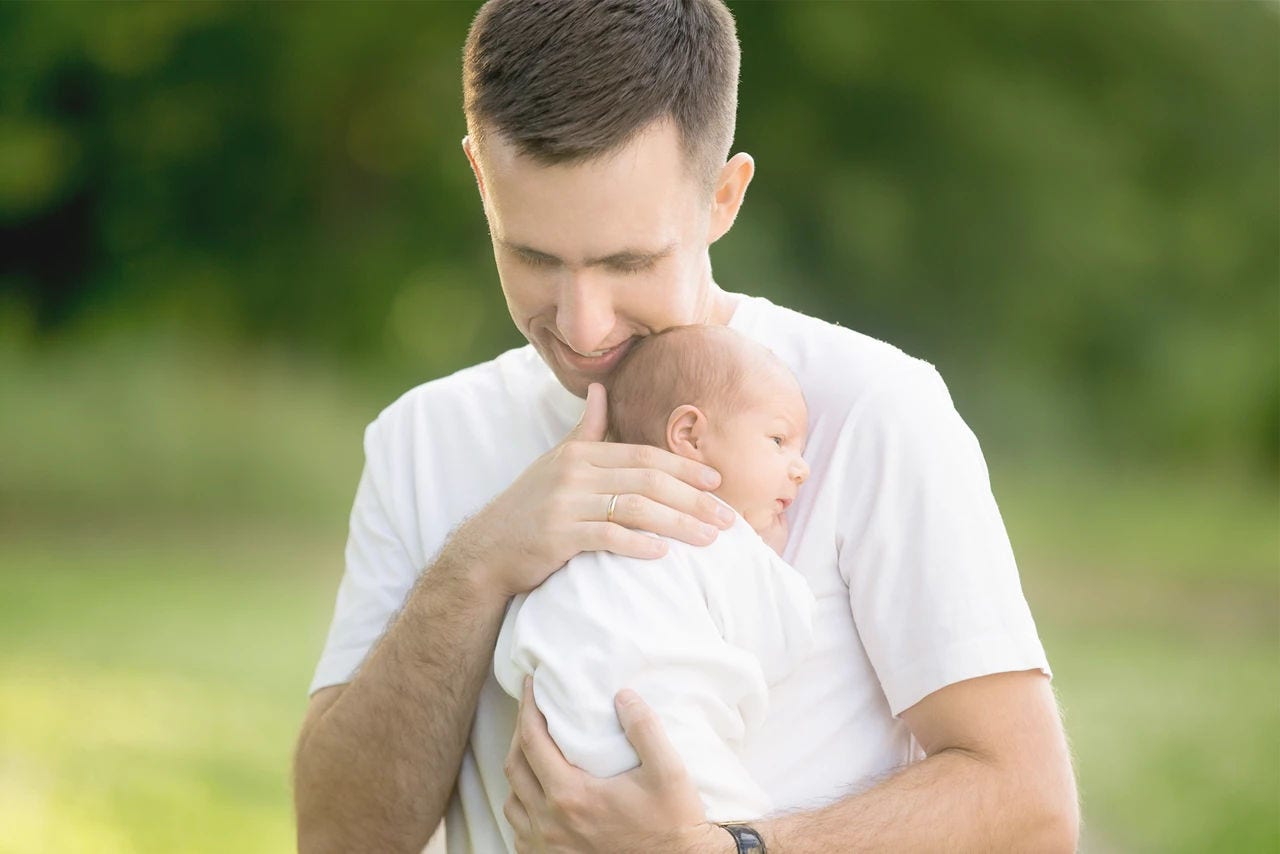
Make sure you share the load. Perhaps your partner could take on more of the household chores?
SIDS is extremely rare, but these steps will reduce the risk:
- The safest place for your baby to sleep for the first six months is in a cot in the same room as you.
- Always put your baby down to sleep on their back with their feet at the bottom of their cot or Moses basket.
- Keep blankets and sheets away from their face. Tuck covers securely under their armpits or consider using a ‘baby sleeping bag’.
- Babies are not very good at regulating their body temperature, so make sure they don’t get too hot or cold.
- Never co-sleep (share a bed) with your baby if you've had alcohol, taken drugs or if you smoke.
- Never smoke around a baby or let anyone else smoke near your baby. Don’t smoke if you are pregnant or breastfeeding.
- Take care not to fall asleep with your baby on the sofa or in an armchair.
Where should my partner sleep?
While some parents want to share the broken nights together, for others there are definite advantages to separate bedrooms, for a few months at least.
Your partner may have to go back to work fairly soon after your baby is born, so might feel entitled to a good night’s sleep during the week. However, if you are exhausted from night feeds, you may struggle to cope with looking after your baby during the day. Make sure you share the load. Perhaps your partner could take on more of the household chores? Or take on the bedtime routine? Alternatively, they could take the baby out at the weekend so that you can catch up on some sleep.
However your family chooses to sleep, as new parents you are likely to be very tired for the first few months. Working as a team will help you get through it and will make it more fun too.
Next steps
- In the early days, accept that you will probably not get nearly enough sleep. Rest when you can, sleep when the baby sleeps and forget about the housework for now.
- Ask for help. As you’ll probably be doing all the night feeds, ask your partner to help out with more of the nappies, washing or baths. When your partner is at work, can a friend or relative step in to help with cooking and chores?
- Try and get out of the house every day. Fresh air is good for both you and your baby and the activity may help them sleep.
- If you are feeling overwhelmed, make sure you talk to your health visitor as they will be able to give you practical advice and reassurance.
- Also talk to a health visitor if you feel your baby is particularly unsettled at night. They can check if your baby is suffering from other issues such as colic.
- Read our tips on establishing a positive sleep routine.
Related articles
Learn more about health and wellbeing

Get in touch with our Careline experts
Our nutritionists and feeding advisors are always on hand to talk about feeding your baby. So if you have a question, just get in touch

